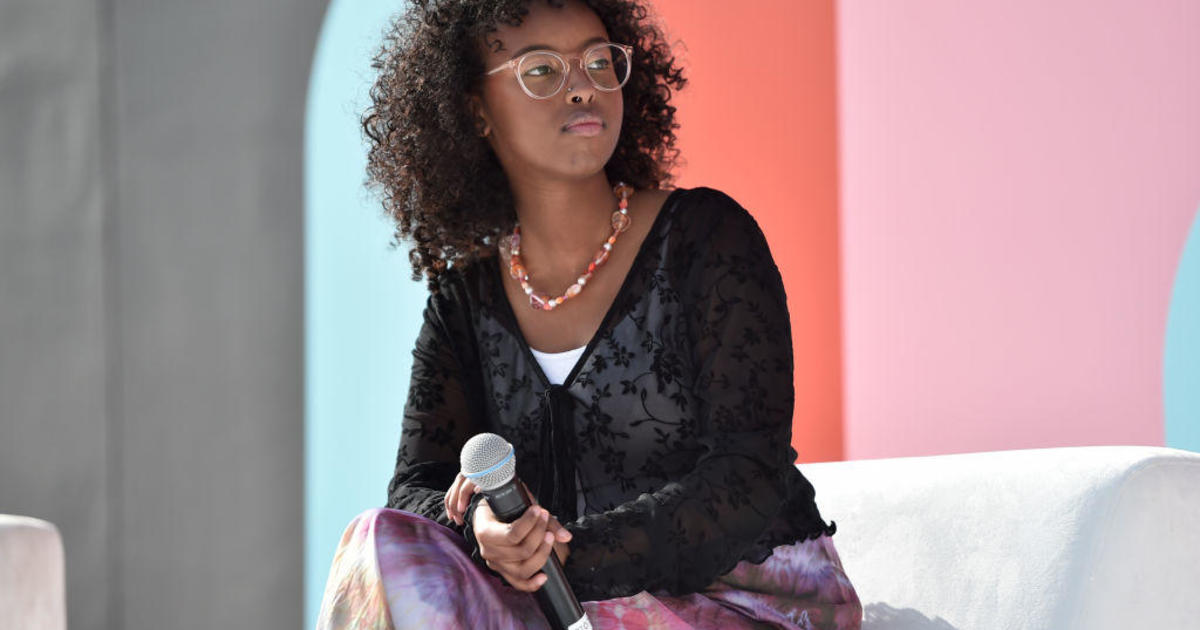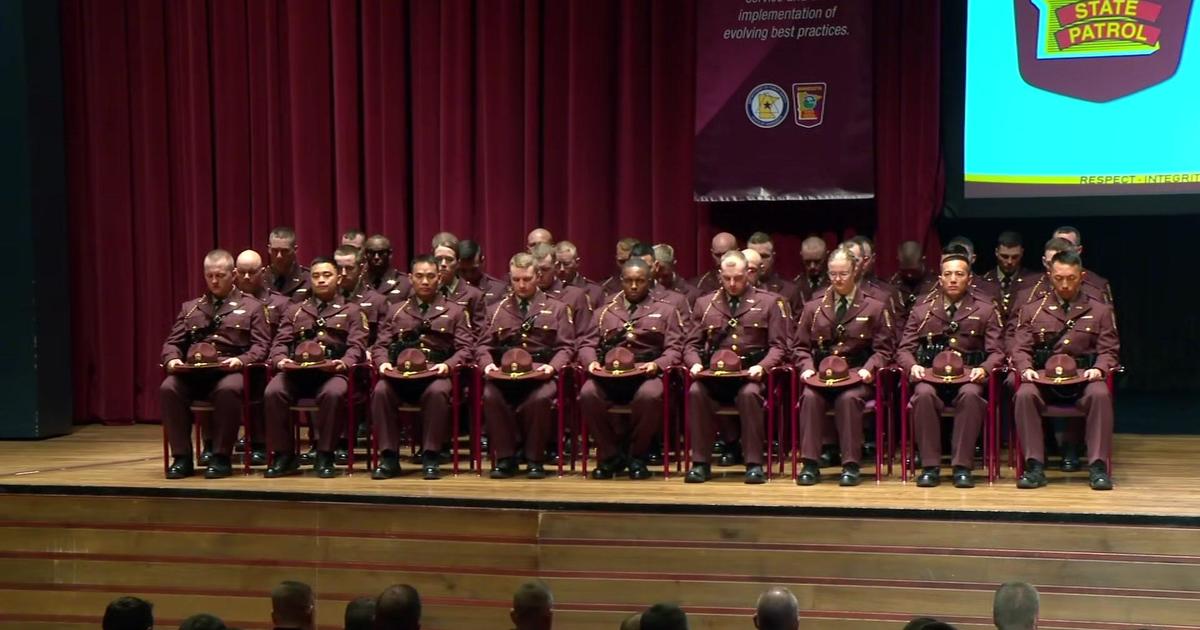2 Minnesotans Named Rhodes Scholars
MINNEAPOLIS (AP) — One of the two Minnesotans named Sunday as Rhodes Scholars wants to become a doctor dealing with global health issues. The other wants to help develop computer technology to harness the power of a patient's mind to control artificial limbs.
Georgianna Whiteley, of Wayzata, and Clayton Aldern, of Cedar, were among the 32 American students named Sunday to the newest class of Rhodes Scholars. They both appeared Saturday morning before a selection committee in Chicago and learned that afternoon that they will get to study at Oxford University in England starting next October.
"They told me that my face was so pale they were afraid I was going to pass out," said Whiteley, 21, a senior at Luther College, in Decorah, Iowa, where she's majoring in chemistry and minoring in biology.
Aldern, who turns 22 on Monday, is a senior at Brown University in Providence, R.I., where he's majoring in neuroscience. His current work at Brown focuses on how the brain processes visual information and how human memory functions.
Whitely said she's always wanted to be a doctor, but her path toward becoming a Rhodes Scholar started in her sophomore year when she spent her January term in Tanzania, studying the Maasai, one of the indigenous cultures in the east African country. She returned the next summer and spent eight weeks on a project documenting how the Maasai use traditional medicines. Their work at a rural school included distilling essential oils from medicinal plants. The school's eventual goal is to create a source of income by putting these oils into soaps that they could sell to lodges for travelers, she said.
While there, she saw how the lack of modern health care impacts the health of the Maasai.
"I came back from Tanzania with the idea that I no longer just wanted to be a physician, but a physician that is not only culturally sensitive but deals with more global health issues and global health inequities," Whiteley said.
After two years at Oxford, she plans to go to medical school.
"My dream would be the Mayo Clinic, but it's also the most selective school in the county," Whiteley said.
Still, the Orono High School graduate had to acknowledge, she's already made the cut for a highly selective program.
"I'm still pretty much in shock about getting accepted at all," she said.
Aldern, a graduate of St. Francis High School, said he was interested in biological sciences when he entered Brown and was "instantly hooked" when he took an introduction to neuroscience.
"I'm interested in the intersection between visual discrimination and decision-making — being able to look at an object and see that it is what it is. And then being able to make the leap to decide what to do with it and follow through with that action," Aldern said.
Aldern likened it to looking at a set of car keys and knowing they're car keys, but not knowing what to do with them. He said the research has potential uses in Alzheimer's disease.
He said one reason he's interested in neurological diseases is that his grandfather died of Parkinson's disease and a close family friend died of Alzheimer's. But he said he likely won't be doing the same kind of memory research at Oxford. He said he's planning to work instead on cutting-edge technology to help paralyzed patients.
The idea is that a stroke or traumatic brain injury patient's muscles might be healthy, he said, but they can't send a signal from their brain to their muscles to make them move. A "brain-computer interface" would help make that connection, he said. Computers would be trained to recognize the thought patterns that represent a specific action and then send the right commands to a prosthetic arm or leg. He wants to work on developing the algorithms that would make it happen.
"It's literally converting thought into action," he said. "All the patient has to do is think about moving the arm in the exact same way as before the accident, and the prosthetic arm will do that."
Aldern is also editor-in-chief of Post-, an arts and culture magazine of the Brown Daily Herald. He started writing for it in his freshman year.
"It's a really nice break from the academic grind," he said, adding, "I don't sleep too much."
(© Copyright 2012 The Associated Press. All Rights Reserved. This material may not be published, broadcast, rewritten or redistributed.)



